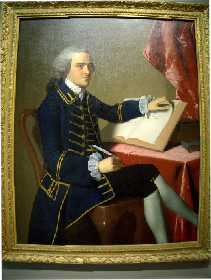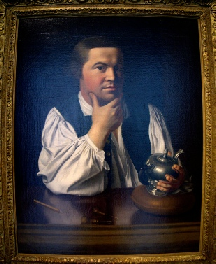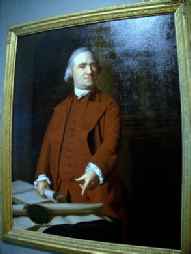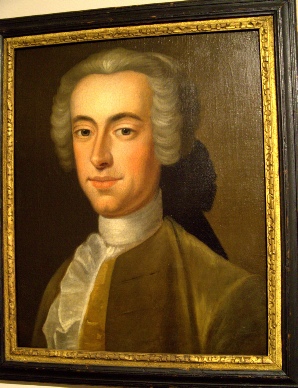
Web master Peter Lovett 2016 © Peter Lovett see my blog here|

Peter Lovett talks


The preceding factors and the war itself are explained using contemporary documents and paintings, plus my own graphics and photographs from Massachusetts from May 2012.
The American portrait painter, Copley vividly illustrates the key players from both sides adding vibrancy to this dynamic presentation of events.
The war was international. George III sent German troops that were outwitted by George Washington. The French also sent troops and a naval fleet, which were decisive in the final outcome.
Up to 100,000 New Englanders fled as a consequence of the Crown’s defeat – to Canada, England or elsewhere.
Thomas Paine was hugely influential. His revolutionary pamphlets written and published in the colonies denouncing George III stirred up popular sentiments for liberty and freedom from Britain.
This is a big subject to tackle in one talk and one that is made interesting by the wealth of annotations and pictures that are shown – taken with my camera in Massachusetts and from the Internet.
The wealthy merchant, John Hancock above in 1765 signed the Declaration of Independence with a large bold signature – allegedly so George III could read it without his glasses.


Silversmith and propagandist, Paul Revere, above was a leading figure in the war of words and the conflict itself.

Thomas Hutchinson, right, was Governor of the Massachusetts Bay Colony during the years leading up to the revolution.
His house was sacked by a mob in 1765.
After the Seven Years War, 1754–63 (explained graphically in this talk), known in North America as the French and Indian war, Britain wanted the colonies to pay for their own defence. The radical politician, Samuel Adams, below right, petitioned King George III with the reasonable request that there be no taxation without representation. George III was unyielding and the relations between the American colonies and the British government gradually deteriorated into war.



The American Revolutionary war
or War of Independence, 1775-1783
